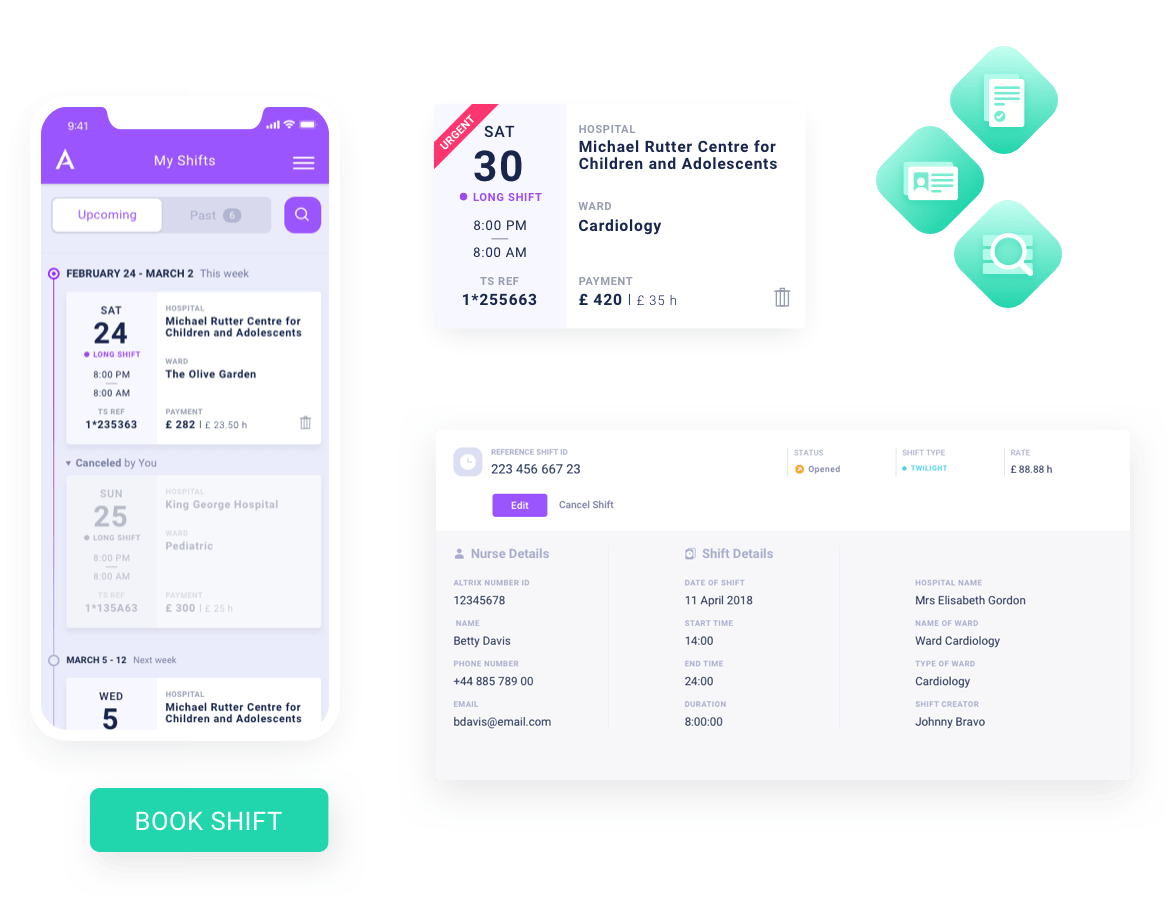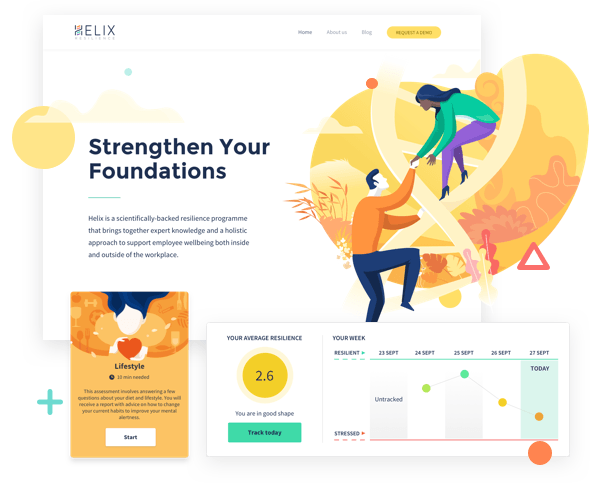It’s been a couple of weeks since the NHS announced a £250 million injection of funds for its new AI lab, under the umbrella of the new NHSX. Understandably, reactions have been mixed. But are we overlooking what really matters?
 Money for AI: A good thing?
Money for AI: A good thing?
On the one hand, optimism. After all, artificial intelligence and machine learning are already making a huge difference to healthcare, and AI in medical imaging alone is estimated to be a US$1 billion market by 2022. It makes sense to harness new tech to increase efficiency and accuracy in the detection of cancers, and monitoring for heart and diabetes patients. It makes sense to develop better predictive models aimed at more accurately estimating future needs of beds, drugs, surgeries or devices. It makes sense to partner with those who can offload patient monitoring into the hands of patients themselves equipped with smart devices.
The backlash
The NHS is massively under-resourced with aging, failing tech at the most basic level. It’s not hard to find stories of fax machines, nurses whatsapping patient data, and frustrating 3-hour waits for Windows 7 PCs causing delays to already overstretched clinics.
Dear @BorisJohnson and @MattHancockMatt,
— Dr Dominic Pimenta (@juniordrblog) August 9, 2019
You are very welcome to spend £250m on AI for the #NHS. Just as soon as we fix all of the other IT problems first: /thread https://t.co/LWRs6jrfcg
Couple this with the very real staffing crisis, the shortage of thousands of qualified nurses only compounded by the terrifyingly uncertain shadow of Brexit and its EU immigration policy, and...well, there is room for an understandable negativity. Why fund the shiny AI projects when there aren’t enough doctors, nurses or support staff, and the system we’ve got is falling apart at the seams? So goes the argument.
Is it either/or?
But as Ben Moody of TechUK points out, false dichotomies here aren’t terribly helpful. Funding future tech and funding the basics aren’t mutually exclusive. And failing to invest in the future - like AI-enabled diagnostic tools - would be irresponsible.
The £250m investment from the Government will help the NHS to assess which of the many uses of AI has the most utility for the NHS, and to roll them out across the system. It is vital that the Government funds these long-term projects – just as it is vital that there are enough doctors and nurses to meet current demand. Presenting this as an ‘either-or’ choice isn’t helpful.
What else is important?
We shouldn’t overlook the health and wellbeing of NHS staff on the ground, that much is clear. And whilst the investors and entrepreneurs might be tempted to gaze skyward, there is much to be said for improving less glamorous processes than billion pixel intelligent scanners.
Some of our own projects here at Despark are already working to improve workplace resilience and wellbeing, an approach which is set to be leveraged across multiple industries. We’re working to help hospitals save money by filling Band 5 nurse shifts, giving those nurses more take-home pay and a simpler life.  There are opportunities to innovate in how staff on the ground communicate. Could introducing a simple idea like liberating structures help improve morale? In one hospital Trust, a simple app has been launched to help staff engagement.
There are opportunities to innovate in how staff on the ground communicate. Could introducing a simple idea like liberating structures help improve morale? In one hospital Trust, a simple app has been launched to help staff engagement.
Brighter isn’t always better
Piling on the ‘shiny’ tech is good for innovation, but unless more is done to support those staff, many of them overworked and stretched beyond capacity, who keep the wheels running, then the NHS risks falling apart at the seams. There is opportunity to make things better at every level, and sometimes the best contributions come from improving a seemingly mundane or overlooked process.
If you have an idea you want to discuss, we’re waiting to hear it.
